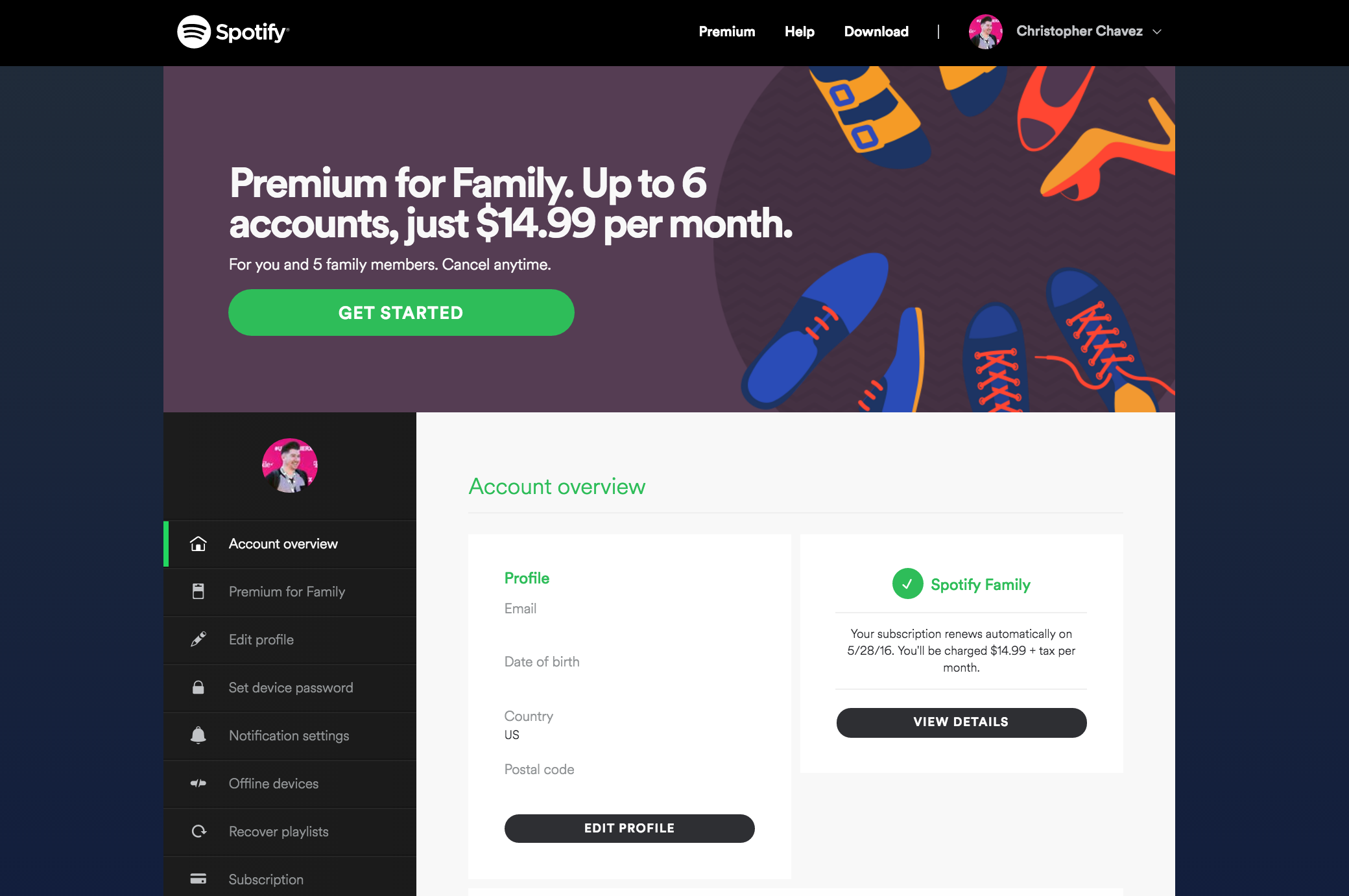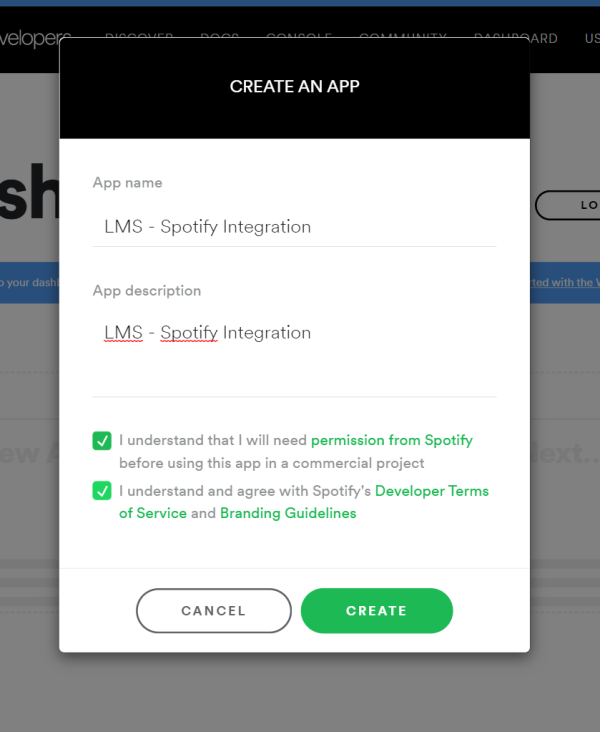

At this point, you can run npm start and head to localhost:3000 in your browser to see the working application. npm install This will will install all the necessary dependencies for the initial application skeleton to work.express -view=pug This will create the application skeleton in your empty folder and set the view engine to pug.This will allow you to automatically create an application skeleton with the most important packages and routing already working out of the box. npm install -g express-generator to install the express framework application generator.Navigate to the folder in the terminal and run the following commands:.I am assuming you have Node JS and npm (the packet manager for node) already installed, but if that is not the case you can get it here. Use your favourite IDE (I use Visual Studio Code) to create a new project based on Node JS and the Express framework. Step 2: Setting up the development environment The app will show up in your dashboard right away and clicking on it will give you access to its client id and client secret (more about these two later) as well as some data regarding how many people are using your app and which endpoints of the API are called. On the following screen, click on "create an app" to (big surprise) create a new app and give it a name and description. This one is easy - Just head over to and login with your regular Spotify username and password. Step 1: Creating a Spotify Developer Account You could of course also just clone my Github project - but where would be the fun in that, right 😉? You can find out more about these opportunities by following us on our social channels, keeping a look out for job adverts on our careers site, or in some cases, via your college or university.Not bad, ey? Here are the steps necessary to recreate the app and build your own project based on the Spotify API. And our Financial Analyst Rotational (FAR) Program aims to develop a diverse cohort of recent graduates into finance professionals through an immersive 24-month rotation program.


Each Fall and Spring semester we welcome students participating in Year Up, a college alternative program that specifically trains underrepresented students in fields such as IT and project management for a 6 month co-op at our New York office. The Opening Act is our multifaceted experience for officially recognized Historically Black College & University (HBCU) and Hispanic Serving Institution (HSI) students in the US with a passion for tech and media. But in an effort to accelerate diverse hiring, we also offer lots of programs specifically designed to attract and support early talent from underrepresented groups. We’re an inclusive employer and this extends to our hiring process.


 0 kommentar(er)
0 kommentar(er)
